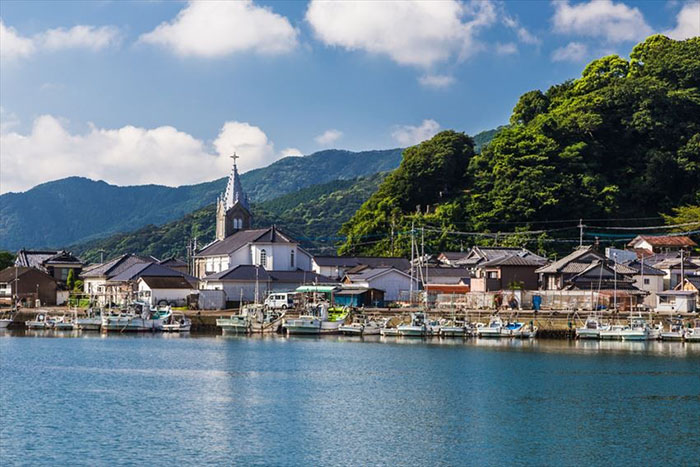Joaquim Magalhães de Castro
Born in Coimbra in 1578, Diogo de Carvalho became a Jesuit at the age of 16. From his youth, he felt the desire to leave for the East.
He would reach Macau in 1600 to study philosophy and theology and be ordained a priest. Nine years later he was in Japan, in Amakusa, island of Kyushu, diligently learning the Japanese language and exercising his ministry.
Everything will change, however, with the decree signed in January 1614 by the shogun Tokugawa Ieyasu ordering the expulsion of all foreign missionaries and banning Christianity. Ieyasu had let himself be carried away by the self-interested intrigues of the Dutch merchants – they instilled in him the idea that the missionaries were, in reality, the vanguard of a supposed plan to “conquer Japan by the Portuguese” – thus freeing himself from its commercial competitors.
Carvalho was one of the last foreigners to leave Japan for Macau, from where, as early as 1615, he would follow, in the company of Francesco Buzomi, to Conchinchina to found the first Jesuit mission there.
He returned clandestinely to southern Japan in 1617 and traveled to Sendai where he will accompany Jerónimo de Angelis in the evangelization campaigns.
Along the incipient Christian community, he assisted the newly converted in confession and instructed them, celebrating the Eucharist whenever he could, feeding them “the bread of the strong.”
In the following excerpt from one of his letters, his evangelizing spirit is clearly evident: “Leaving from Oxu to the Kingdom of Deva, I went straight to the city of Cabota and there I began, with great secrecy, to confess the Christians who came, little by little, meet with me, and I was founding a way to visit the exiled Christians who are in Tugara. On the third day, a Christian I knew came to visit me. I soon understood that God was sending him to take me to Yezo. And, because the boat was overloaded and I still had many people to confess in Cabota, I concluded in three or four days what I had to do in ten or twelve, confessing day and night, spending the nights without sleep, because I changed the place on the same night, because the situation was dangerous then.”
When his confessions were concluded, Carvalho set sail in the guise of a miner because, as he himself says, “those who travel to Yezo are either merchants or miners.” He also informs that during the crossing, everyone treated them with kindness, without ever identifying him as a foreigner. He prayed the canonical hours in the early morning “with the first light, when everyone was still asleep, putting the head and the breviary under the blanket and letting in some little light.”


 Follow
Follow


